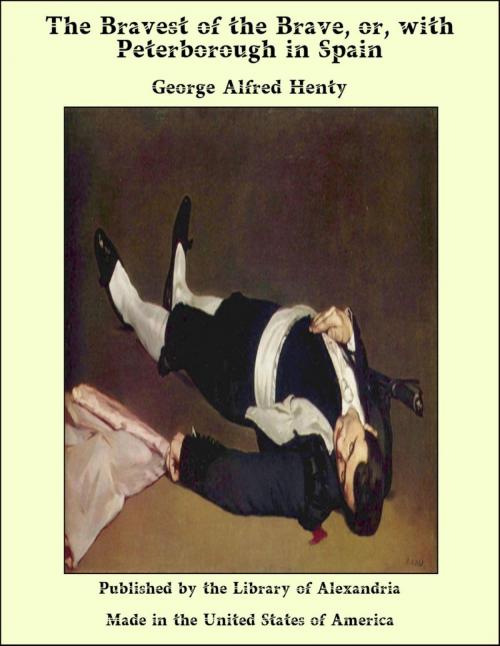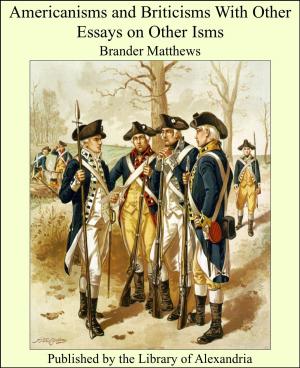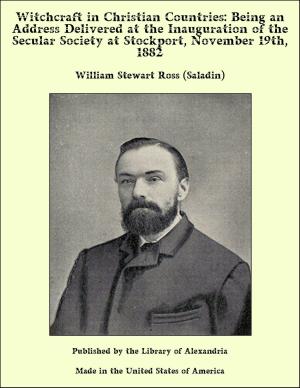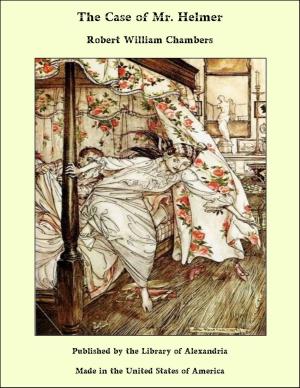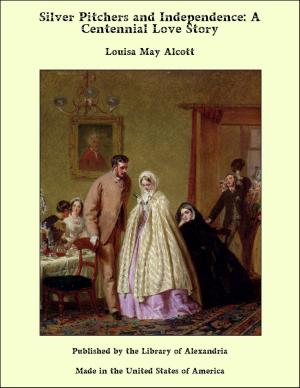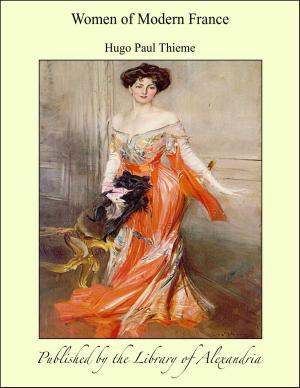The Bravest of the Brave, or, with Peterborough in Spain
Nonfiction, Religion & Spirituality, New Age, History, Fiction & Literature| Author: | George Alfred Henty | ISBN: | 9781465598158 |
| Publisher: | Library of Alexandria | Publication: | March 8, 2015 |
| Imprint: | Language: | English |
| Author: | George Alfred Henty |
| ISBN: | 9781465598158 |
| Publisher: | Library of Alexandria |
| Publication: | March 8, 2015 |
| Imprint: | |
| Language: | English |
There are few great leaders whose lives and actions have so completely fallen into oblivion as those of the Earl of Peterborough. His career as a general was a brief one, extending only over little more than a year, and yet in that time he showed a genius for warfare which has never been surpassed, and performed feats of daring worthy of taking their place among those of the leaders of chivalry. The fact that they have made so slight a mark upon history is due to several reasons. In the first place, they were overshadowed by the glory and successes of Marlborough; they were performed in a cause which could scarcely be said to be that of England, and in which the public had a comparatively feeble interest; the object, too, for which he fought was frustrated, and the war was an unsuccessful one, although from no fault on his part. But most of all, Lord Peterborough failed to attain that place in the list of British worthies to which his genius and his bravery should have raised him, because that genius was directed by no steady aim or purpose. Lord Peterborough is, indeed, one of the most striking instances in history of genius and talent wasted, and a life thrown away by want of fixed principle and by an inability or unwillingness to work with other men. He quarreled in turn with every party and with almost every individual with whom he came in contact; and while he himself was constantly changing his opinions, he was intolerant of all opinions differing from those which he at the moment held, and was always ready to express in the most open and offensive manner his contempt and dislike for those who differed from him. His eccentricities were great; he was haughty and arrogant, hasty and passionate; he denied his God, quarreled with his king, and rendered himself utterly obnoxious to every party in the state.
There are few great leaders whose lives and actions have so completely fallen into oblivion as those of the Earl of Peterborough. His career as a general was a brief one, extending only over little more than a year, and yet in that time he showed a genius for warfare which has never been surpassed, and performed feats of daring worthy of taking their place among those of the leaders of chivalry. The fact that they have made so slight a mark upon history is due to several reasons. In the first place, they were overshadowed by the glory and successes of Marlborough; they were performed in a cause which could scarcely be said to be that of England, and in which the public had a comparatively feeble interest; the object, too, for which he fought was frustrated, and the war was an unsuccessful one, although from no fault on his part. But most of all, Lord Peterborough failed to attain that place in the list of British worthies to which his genius and his bravery should have raised him, because that genius was directed by no steady aim or purpose. Lord Peterborough is, indeed, one of the most striking instances in history of genius and talent wasted, and a life thrown away by want of fixed principle and by an inability or unwillingness to work with other men. He quarreled in turn with every party and with almost every individual with whom he came in contact; and while he himself was constantly changing his opinions, he was intolerant of all opinions differing from those which he at the moment held, and was always ready to express in the most open and offensive manner his contempt and dislike for those who differed from him. His eccentricities were great; he was haughty and arrogant, hasty and passionate; he denied his God, quarreled with his king, and rendered himself utterly obnoxious to every party in the state.
